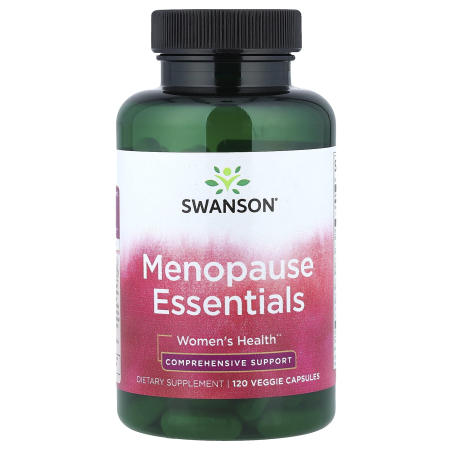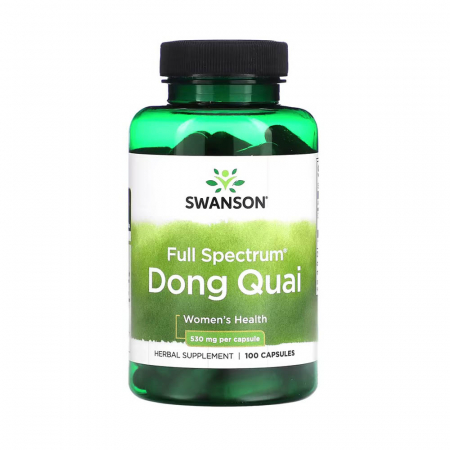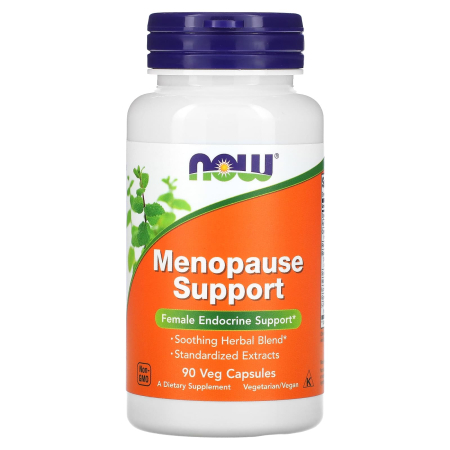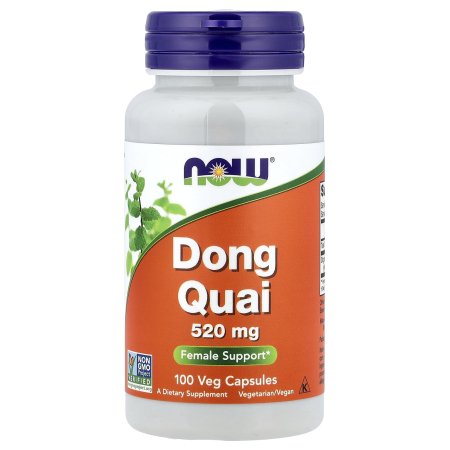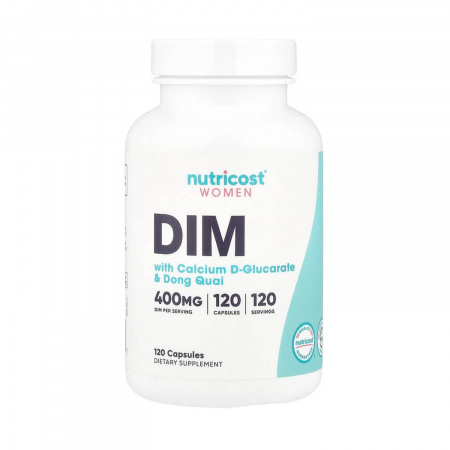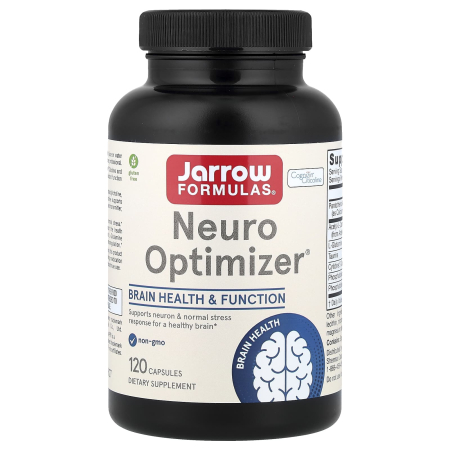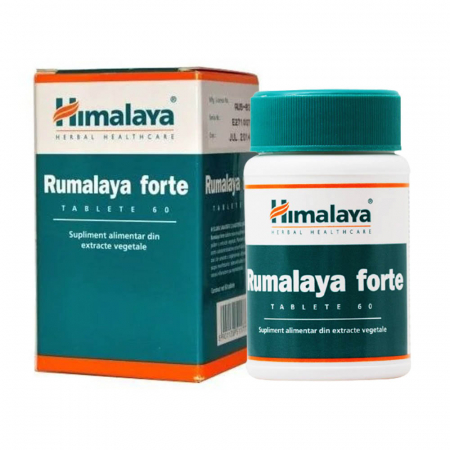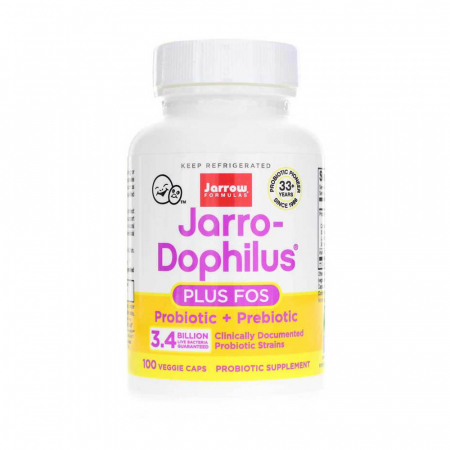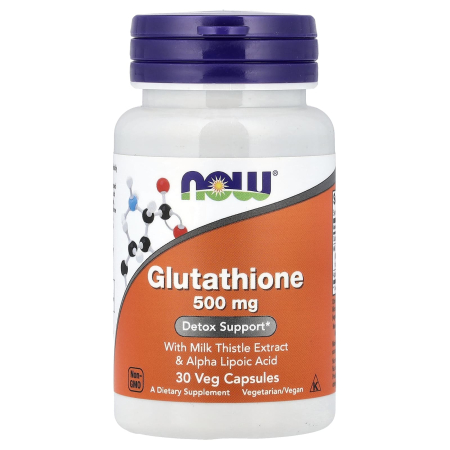- Home /
- Supplements from A to Z /
- Dong Quai
Dong Quai
Dong Quai
- Acai
- Acerola
- Acetyl L-Carnitine
- Caprylic Acid
- Folic Acid
- CLA (Conjugated Linoleic Acid)
- Agaricus Mushroom
- Alfalfa
- Alpha GPC
- Andrographis
- Artichoke
- Astragalus
- Bacopa Monnieri
- Bamboo
- Berberine
- Bergamot
- Beta-Glucans
- Beta-Sitosterol
- Betaine
- Biotin
- Black Cohosh
- Borage Oil
- Holy Basil (Tulsi)
- Butcher's Broom
- Calcium D-Glucarate
- Activated Charcoal
- Carnosine
- Shark Cartilage
- Cascara Sagrada
- Cayenne
- Chaga Mushroom
- Cumin
- Chlorella
- Citicoline
- Chlorophyll
- Black Currant
- Turkey Tail Mushroom
- Lion's Mane Mushroom
- Coleus Forskohlii
- Choline
- Colostrum
- Cordyceps
- Chromium
- D-Mannose
- Damiana
- 7-Keto DHEA
- DIM
- DMG
- Dong Quai
- Brewer's Yeast
- Red Yeast Rice
- Echinacea
- Bilberry Extract
- Fennel
- Phenylalanine
- Feverfew
- Passion Flower
- Phosphatidylserine
- Fructo-Oligosaccharides
- Olive Leaf
- Garcinia
- Devil's Claw
- Cat's Claw
- Ginger
- Ginkgo Biloba
- American Ginseng
- Eleuthero
- Glucomannan (Konjac)
- Goldenseal
- Gotu Kola
- Grapeseed
- Graviola
- Guarana
- Gymnema Sylvestre
- Hops
- Hesperidin
- Horny Goat (Epimedium)
- Indole-3-Carbinol
- Inositol
- Inulin
- Isoflavones
- Kudzu
- Lactoferrin
- Royal Jelly
- Licorice
- Lemon Balm
- Lithium
- Maca
- Rose Hips
- Maitake Mushroom
- Mint
- Peppermint
- Cranberry
- Molybdenum
- Moringa
- Muira Puama
- Chamomile
- Niacin And Niacinamide (Vitamin B3)
- Noni
- Ornithine
- Hawthorn
- Panax Ginseng
- Dandelion
- Papaya (Enzymes)
- Bitter Melon
- Black Pepper (Bioperine)
- Pyridoxine (Vitamin B6)
- Potassium
- Pregnenolone
- Proline
- Propolis
- Pygeum
- Pyrroloquinoline Quinone (PQQ)
- Reishi Mushroom
- Rhodiola
- Riboflavin (Vitamin B2)
- Ribose
- Lemon Balm
- Rosemary
- Rutin (Vitamin P)
- SAMe
- Sarsaparilla
- Fenugreek
- Pine Bark (Pycnogenol)
- Cinnamon
- Serrapeptase
- Shiitake Mushroom
- Silica
- Elderberry
- Saffron
- Spirulina
- Plant Sterols
- Strontium
- Sulforaphane (broccoli)
- St. John's Wort
- Theanine
- Thiamine (Vitamin B1)
- Tocotrienols
- Tribulus
- Red Clover
- Coconut Oil
- Slippery Elm
- Garlic
- Uva Ursi
- Vinpocetine
- Vitamin B12
- Wormwood (Artemisia)
- Yucca
Status stoc
Certifications and Diet
Manufacturers
Price
Rating
Cele mai populare
Menopause Essentials (Complex Menopauza), Swanson, 120 capsule SWC089
Dong Quai Organic (Angelica Sinesis) 520mg, Now Foods, 100 capsule
Women, DIM With Calcium D-Glucarate & Dong Quai, Nutricost, 120 capsules
Newest
Menopause Essentials (Complex Menopauza), Swanson, 120 capsule SWC089
Dong Quai Organic (Angelica Sinesis) 520mg, Now Foods, 100 capsule
Women, DIM With Calcium D-Glucarate & Dong Quai, Nutricost, 120 capsules
Display: 1-6 from 6 products
FiltersDong Quai Organic (Angelica Sinesis) 520mg, Now Foods, 100 capsule
Menopause Essentials (Complex Menopauza), Swanson, 120 capsule SWC089
Women, DIM With Calcium D-Glucarate & Dong Quai, Nutricost, 120 capsules
Nicknamed the "women's ginseng", it is valued for its yellowish brown roots, used for thousands of years in traditional Chinese medicine to improve women's health and to tone the blood, lungs, heart and liver.
What are the health benefits of Dong Quai?
The effects of the administration of Dong Quai roots, according to the Pharmacopoeia of the People's Republic of China from 1977, are to increase blood quality, activate blood circulation, regulate menstruation, relieve pain and relax the large intestine, and according to the therapeutic tradition of China, these roots:
tones the blood in blood deficiencies manifested in the heart and liver by symptoms such as: anemia, pale skin, brittle nails, dizziness, blurred vision, palpitations;
invigorates blood circulation and relieves pain in menstrual disorders: irregular menstrual cycle, dysmenorrhea, amenorrhea and other gynecological conditions;
moistens the intestines and unblocks the large intestine in cases of constipation due to blood disorders (the large intestine is not properly nourished by blood);
stops coughing and treats dyspnea and the cough associated with it.
Therapeutic indications of Dong Quai
- anemia;
- menstrual disorders, amenorrhea, dysmenorrhea, metrorrhagia, post-partum (the period immediately following birth);
- abdominal pain, constipation;
- traumatic injuries;
- carbuncles (infections of the skin and subcutaneous tissue, produced by a staphylococcus through necrosis of the affected tissues), abscesses, wounds.
PRODUCT CATEGORIES
CATEGORIES OF DISEASES
Latest Reviews Added:

Denisa Dinu,
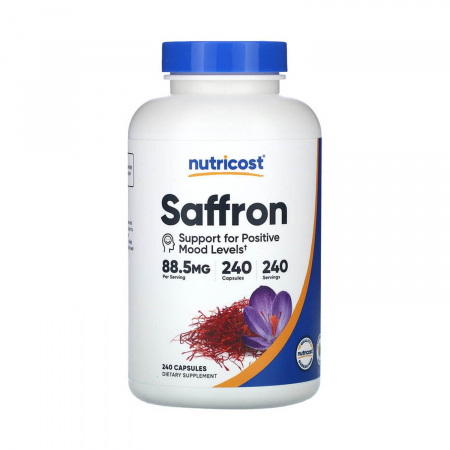
Valeria Lungu,
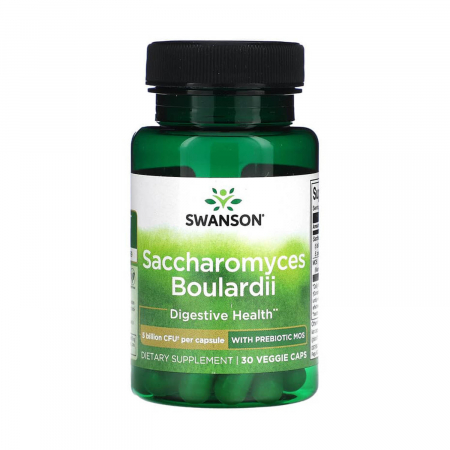
Saccharomyces Boulardii with Prebiotic MOS, 5 Billion CFU, Swanson, 30 capsules SWA012
Elena,
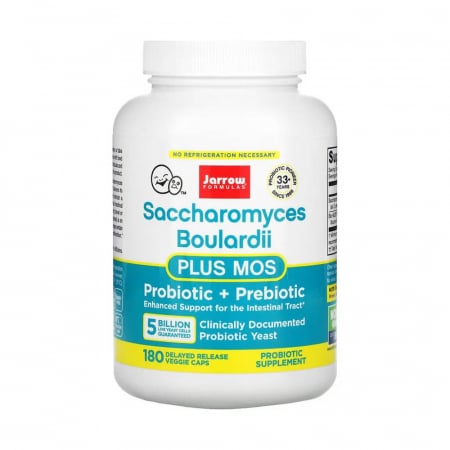
Carolina Floroiu,
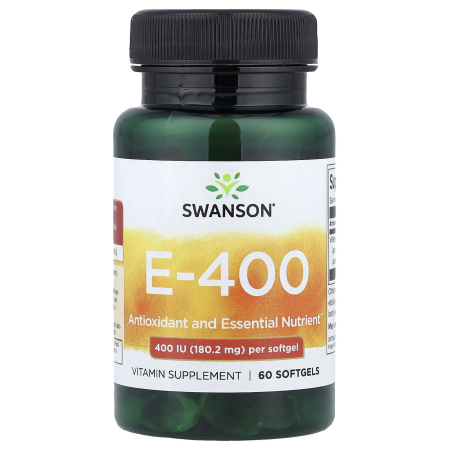
Rodica Iancu,
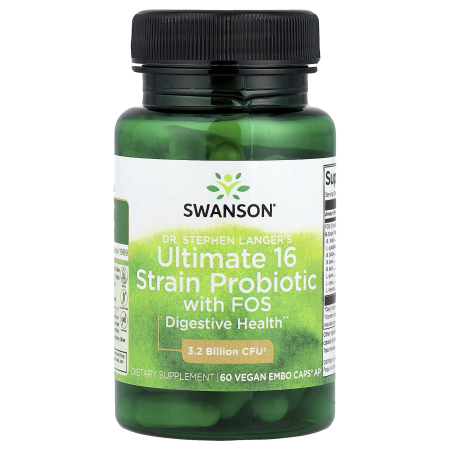
Ultimate 16 Strain Probiotic With FOS, 3.2 Billion CFU, Swanson, 60 capsules SWA051
Nita Patricia,

Rodica luminita Pascut,

Mihaela Ciobotaru,

Oana Stamat,

Mirela Ianc,
Latest viewed products
Newsletter Don't miss our offers and promotions

